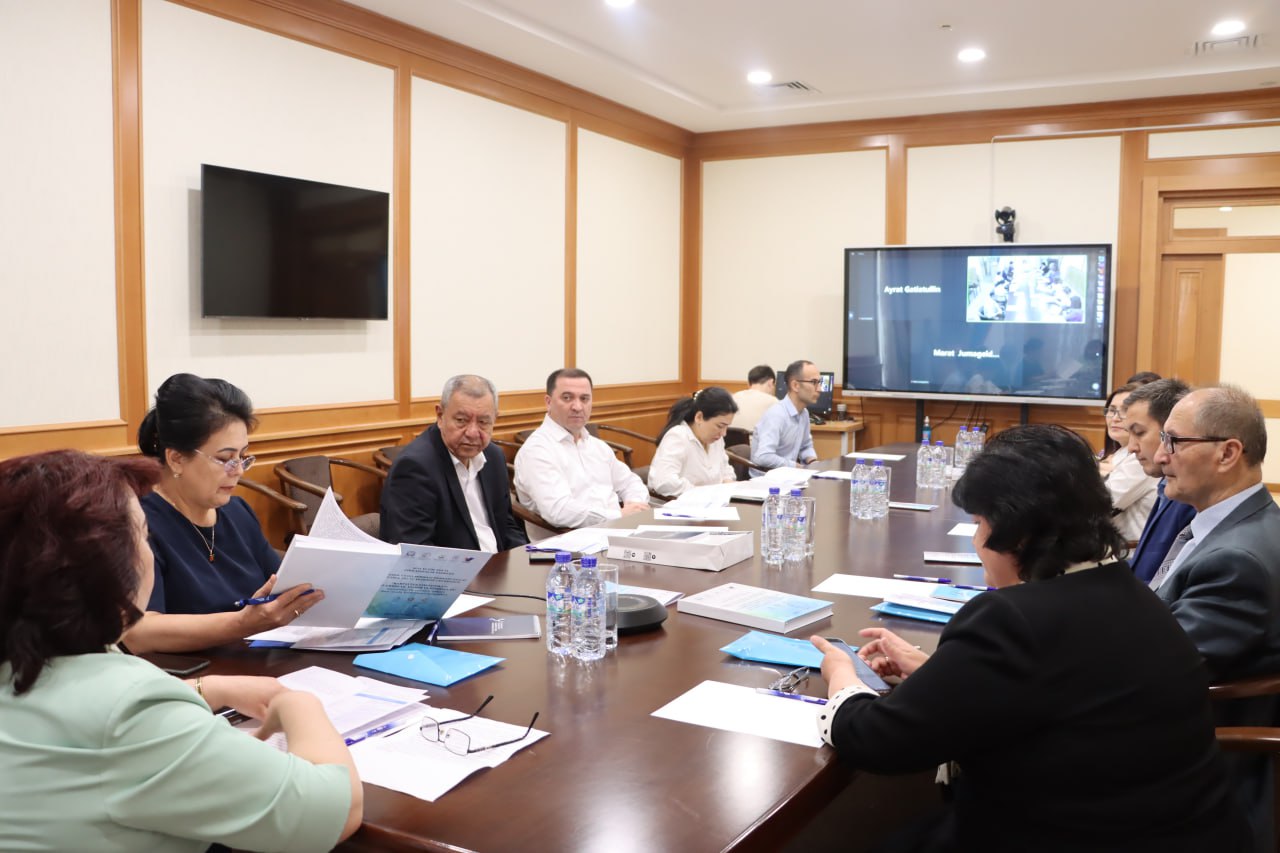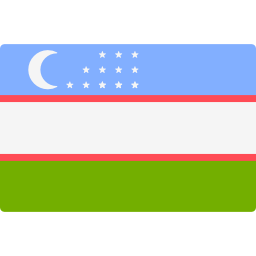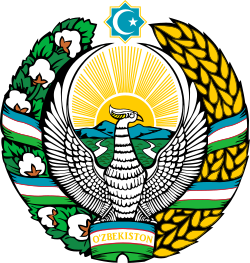
COMPUTER LINGUISTICS: THE PRESENT AND FUTURE OF OUR NATIONAL LANGUAGE
On April 28, 2023, Alisher Navoi Tashkent State University of Uzbek Language and Literature, in collaboration with the Institute of Applied Semiotics at the Academy of Sciences of Tatarstan, hosted the third annual international scientific-practical conference titled Computer Linguistics: Challenges, Solutions, and Prospects.
This conference aimed to enrich Uzbek computational linguistics through international collaboration, broaden the scope for young specialists, and assimilate advanced practices in the field. Key objectives included promoting solutions to linguistic challenges through computer applications, advancing corpus linguistics, and fostering productive research in natural language processing (NLP).
The plenary session covered various fields within computer linguistics, such as formal grammar for Uzbek, corpus linguistics, NLP, machine translation, text processing, computational linguodidactics, lexicography, semantic systems, linguistic ontologies, terminology, and artificial intelligence in linguistics.


Distinguished speakers at the plenary session included university rector Professor Shuhrat Sirojiddinov; Advisor to the Ministry of Higher and Secondary Specialized Education Isajon Sultan; Vice-Rector for Research and Innovation Odina Jamoliddinova; Professor Eshref Adali from Istanbul Technical University; Ayrat Rafizovich Gatiatullin, head of the Applied Semiotics Department of the Academy of Sciences of Tatarstan; Professor Baxtiyor Rajabovich Mengliyev, Head of the Department of Applied Linguistics at Tashkent State University of Uzbek Language and Literature (TSUULL); Professor Abduvali Berkinovich Qarshiyev from the Samarkand branch of TATU; Professor Zulxumor Turdiyevna Kholmanova, Head of the Department of Language Theory; and Associate Professor Botir Boltayevich Elov, Head of the Department of Computer Linguistics and Digital Technologies.


The conference was led by Saodat Muhamedova, Dean of the Uzbek Language Education Faculty and Doctor of Philology.
Special sessions included contributions from participants across institutions, such as Aktobe Regional University (Kazakhstan), Kazan Federal University (Tatarstan), and various Uzbek institutions including TATU, TSUULL, Urgench State University, and the University of Geology. Faculty members, doctoral candidates, independent researchers, and graduate students from these institutions contributed to discussions on digital technology, artificial intelligence, and the future of Uzbek computer linguistics.
This conference marks a crucial step in the ongoing advancement of computational linguistics for the Uzbek language, creating a space for innovation and collaboration at the intersection of language and technology.




